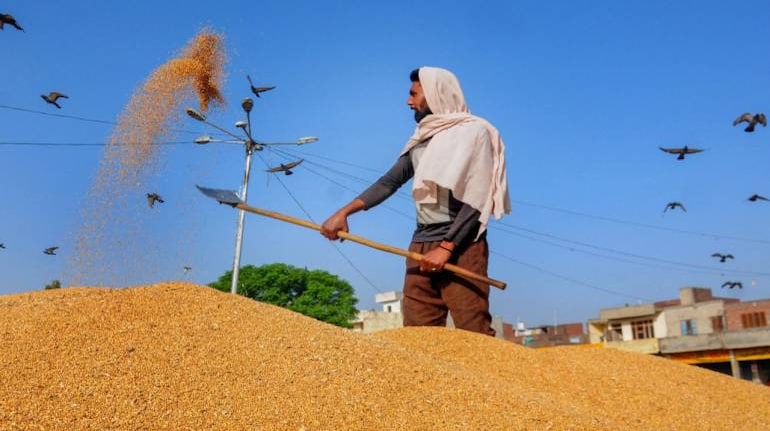



In order to maintain smooth supply of foodgrains in the country amidst the Covid-19 breakout, state governments will be able to procure 3 months supply of foodgrains on credit from Food Corporation of India (FCI).
"To ensure adequate supply of foodgrains to the public and financially assist the State Govts, Department of Expenditure has agreed to the Food & Public Distribution Department's proposal that foodgrains for 3 months can be lifted by States/ UTs on credit from FCI," the ministry of finance announced.
Track this blog for latest updates on the coronavirus outbreak
The move is expected to ensure that the states do not face any cash constraint in distributing food to those in need.
On the same day, Prime Minister Narendra Modi also said that the informal sector will be hit due to the coronavirus outbreak.
Modi had earlier also announced the setting up of a task force to be headed by the Finance Minister to combat the economic fallout of the pandemic
Discover the latest Business News, Sensex, and Nifty updates. Obtain Personal Finance insights, tax queries, and expert opinions on Moneycontrol or download the Moneycontrol App to stay updated!
Find the best of Al News in one place, specially curated for you every weekend.
Stay on top of the latest tech trends and biggest startup news.